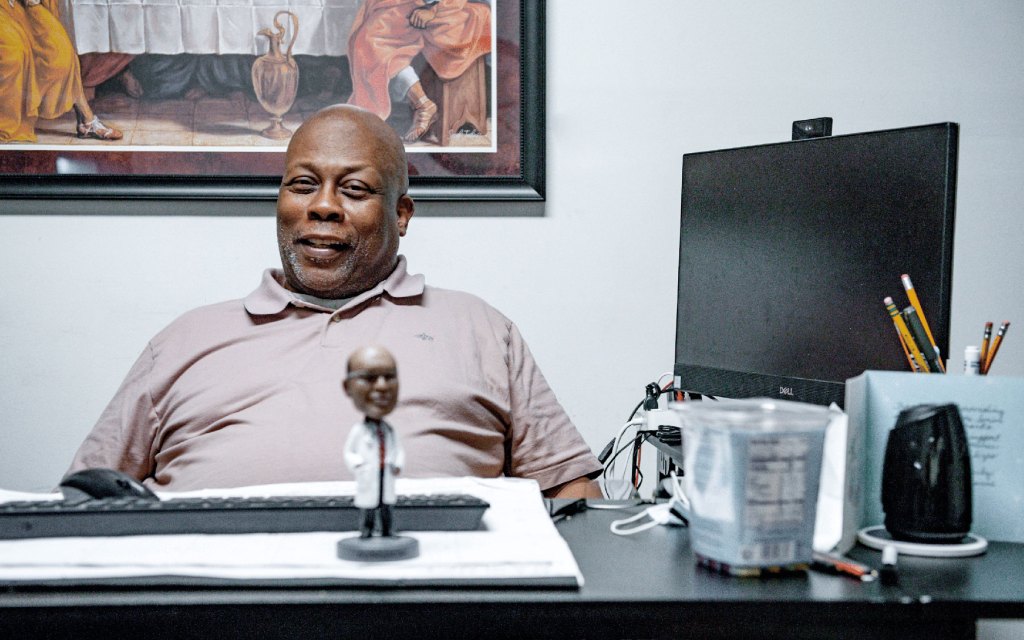
Employer-ready candidates understand how to speak confidently about their technical and transferable skills in ways that sell their professional value to employers. View a more detailed interview prep guide in the Behavioral Interview Prep Guide.
Tell me about yourself.
Think about your past (previous experience and education), present (what you’re now doing professionally and how it’s preparing you for this role), and future (why you want the job you’re interviewing for).
What are your greatest strengths and weaknesses as a nurse?
For your strengths, consider the required skills stipulated in the job posting and explain those that you have mastered. For weaknesses, honestly explain an area in need of improvement, but also provide specific examples of how you’re working on it.
Why did you choose this nursing specialty?
Explain your motivations for going into nursing and your specific specialty. While this question focuses on your initial motivations, a good strategy is to also incorporate what you’ve recently learned and why this path continues to be a great fit for you.
Why do you specifically want to work here?
Demonstrate your research into the hospital or organization and the department you hope to work in. Explain what you like about it and why your skills make you the best candidate for this role at this organization and team or unit.
Tell me about a time when your team was not communicating well. What happened and how did you contribute to improving the issue?
“Tell me about a time…” indicates a behavioral interview question, so use the STAR (situation, task, action, result) method to tell a story. This question probes how you work on a team and solve problems. Choose an example where you were proactive about improving the situation.
Tell me about a mistake you made as a clinician. What happened and what did you learn from it?
While this question can feel like a trick, it provides an opening to highlight your ability to grow and improve as a nurse. Mistakes happen, but what you do after is what’s critical to this question. How will you make sure this mistake never happens again? Remember to use the STAR method.
Tell me about a time when something unexpected happened (a treatment plan quickly changed, a patient’s condition suddenly worsened). How did you adapt to the new situation?
Adaptability is a critical skill in the nursing field. Get specific by explaining the step-by-step of how you handled the situation. Remember to use the STAR method. It can be hard to remember details on the spot, which is why preparing for interviews is so important.
What clinical skill was the most challenging for you to develop? Tell me about how you approached mastering this skill despite the challenge.
A key part of nursing is staying up-to-date on new skills and trends in the field. The organization wants to see that you are dedicated to learning and growing as a practitioner. Think about an anecdote that answers the question honestly. Always use a specific example using the STAR method.
What diversity, inclusion, and/or cultural competence training or coursework have you received and how have you applied what you learned in your practicum?
Zoom in on a few key takeaways from training or coursework. Pick a specific time when you incorporated one of those takeaways into your work and tell a story using the STAR method.
Tell me about a time when you had to communicate a complex medical situation to a patient or their loved ones. What did you say?
Communication is a key skill for nurses. Set up the situation, describe the task, explain the actions you took to communicate effectively, and remember to include an ending to your story. Specifically showcase how you consider differences when communicating with those from different cultural backgrounds.
Tell me about a time when you were overwhelmed with your work or patient load. How did you manage this situation?
Demonstrating that you can manage your time is essential. There is no right answer to this question. The only wrong answer is that you don’t think critically about managing time. Interviewers want to know that you think about organizing your time so you can accomplish the full range of job duties.
Pro Tip: Always keep your answers positive, demonstrate what you’ve learned, and tell a story using the STAR framework (Situation, Task, Action, and Result) for behavioral questions so you can provide details about your accomplishments.









